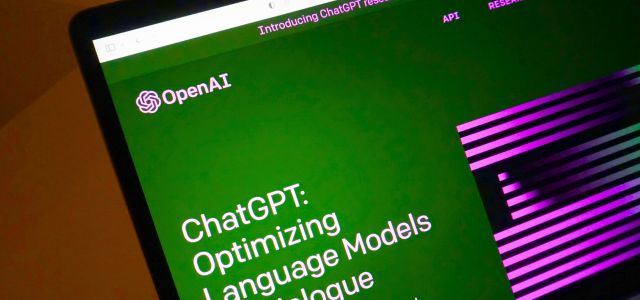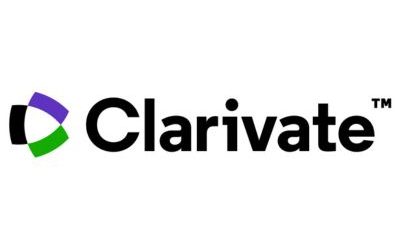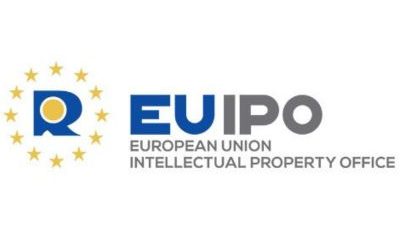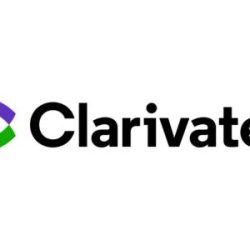You may be surprised to learn that ChatGPT—the name for OpenAI’s ubiquitous AI-powered chatbot—is not registered with the United States Patent and Trademark Office (USPTO). Not yet, at least. Since December 2022, OpenAI has been involved in a back-and-forth with the office over its application to register CHATGPT.
Originally filed under Trademark Act Section 1(b) in December 2022, OpenAI submitted a specimen to allege use in commerce in March 2023. The USPTO accepted OpenAI’s use amendment on May 25, 2023, examined the application, and issued a Non-Final Office Action on the same day.
The USPTO declined to register CHATGPT under Trademark Act Section 2(e)(1), 15 USC §1052(e)(1), on the grounds that the mark “merely describes a feature, function, or characteristic” of ChatGPT. The Examining Attorney’s most salient comments allege that (1) consumers would recognize CHATGPT as “the equivalent of the merely descriptive wording it represents” (“chat generative pre-trained transformer”), and (2) that the composite mark (“chat” + “GPT”) does “not create a unique, incongruous, or nondescriptive meaning.” Rather, the mark “immediately convey[s] to relevant consumers” the nature of the services—a chatbot powered by underlying GPT technology. The Examining Attorney further advised that OpenAI may amend its application to seek registration on the Supplemental Register.
Not deterred, on November 27, 2023, OpenAI filed a massive response, comprising 815 pages of text and supporting exhibits. OpenAI alleged, first, that CHATGPT was inherently distinctive. In the alternative, Open AI alleged that CHATGPT had acquired distinctiveness in view of (1) exclusivity and manner of use of the mark, (2) extensive unsolicited media coverage, and (3) widespread intentional copying of the mark by third parties.
The USPTO issued a Final Office Action on February 9, 2024, reiterating its refusal under Trademark Act Section 2(e)(1), 15 USC §1052(e)(1), but alternatively inviting OpenAI to amend its application to claim acquired distinctiveness under Section 2(f).
1. Supplemental Register
Perhaps an easy way out for OpenAI would be to amend its application to seek registration on the Supplemental Register. While the Supplemental Register and Principal Register share marked similarities insofar as rights conferred to registrants, only registration on the Principal Register is prima facie evidence of (1) the validity and ownership of the registered mark, and (2) the nationwide exclusive right to use the registered mark in commerce in connection with the products and services listed in the registration.
2. Inherent distinctiveness
Surprisingly, OpenAI’s 815-page response to the USPTO’s first Office Action did not contain any substantive rebuttals supporting its allegation that CHATGPT is inherently distinctive. At the least, an argument that CHATGPT is “suggestive” is plausible.
Even so, OpenAI could still file a Request for Reconsideration to address the Examining Attorney’s Section 2(e)(1) refusal. Alternatively, OpenAI could appeal directly to the Trademark Trial and Appeal Board (TTAB).
But, in neither case is OpenAI likely to prevail. First, the Examining Attorney minced no words, saying that “the evidence of the record leaves no doubt that the mark is merely descriptive.” Likewise, appealing to the TTAB would be an uphill battle: The TTAB affirms Examining Attorneys’ decisions at an astonishingly high rate. For Section 2(e)(1) refusals, in particular, the rate was ~88.2% in 2023. You can find that research here.
3. Section 2(f) designation
Most of OpenAI’s 815-page response supported the allegation that CHATGPT had garnered inherent distinctiveness in light of “unprecedented mass adoption” and “extensive unsolicited media coverage” across print news, broadcast news, podcasts, and social media. So, why wasn’t the Examining Attorney swayed by the sheer volume of evidence? This is likely chalked up to a procedural issue: To consider OpenAI’s application under a 2(f) designation, OpenAI should first amend its application accordingly.
Key takeaways
OpenAI can still avail itself of multiple routes to achieve registration for CHATGPT. However, the company’s experience underscores the importance of selecting marks that lean towards being suggestive, arbitrary, or fanciful to avoid a descriptiveness rejection. Despite the hurdles, OpenAI’s unique position and the extensive evidence of the distinctiveness of the CHATGPT mark present a strong case for a Section 2(f) claim.

Written by Brennan Gamwell
Attorney at Law & Software Engineer
You may also like…
Clarivate announces the development of IPfolio Law
Clarivate, a leading global provider of transformative intelligence, today announced the development of IPfolio Law,...
The EUIPO launches the Copyright Knowledge Centre for guidance amid rise of generative AI
The Centre aims to help creators and rights holders navigate copyright in today's technological landscape The EUIPO is...
Trademarking the dupe economy: what LULULEMON DUPE signals for the future of enforcement
The dupe culture, particularly in the fashion market, is here to stay. The less expensive versions of luxury garments...
Contact us to write for out Newsletter













